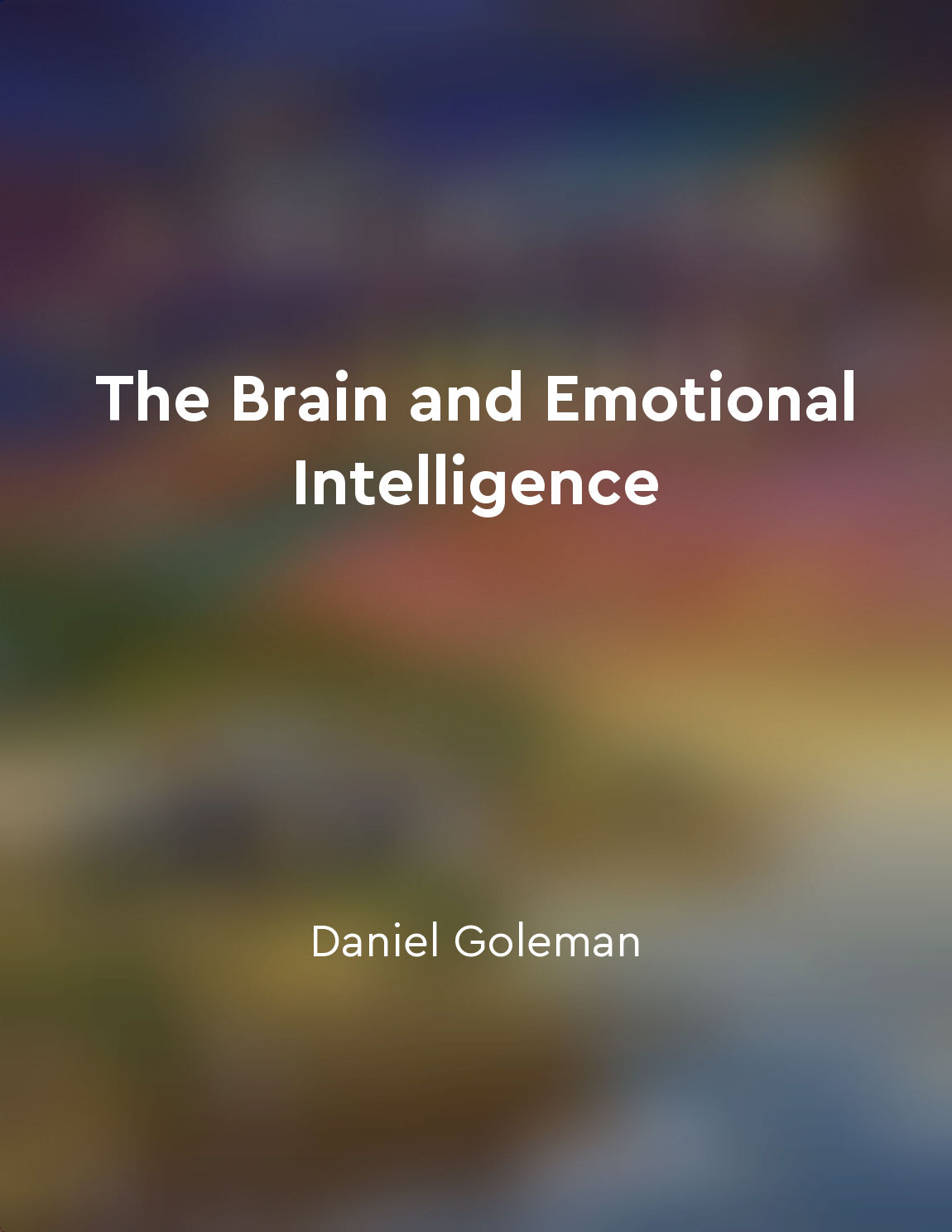The brain is constantly changing and adapting from "summary" of The Brain by David Eagleman
The brain is a dynamic organ that has the remarkable ability to reorganize itself based on new experiences and learning. This phenomenon, known as neuroplasticity, allows the brain to constantly change and adapt in response to its environment. Neuroplasticity is what enables us to learn new skills, form new memories, and recover from injuries. When we learn something new, such as a new language or a new instrument, our brain forms new connections between neurons. These connections, known as synapses, strengthen with repeated practice, making it easier for signals to travel between neurons. This process is what allows us to improve our skills over time through practice and repetition. In addition to forming new connections, the brain can also reorganize its existing connections in response to changes in our environment. For example, if one area of the brain is damaged due to injury, other areas can sometimes take over its functions. This ability to reassign tasks to different parts of the brain is crucial for recovering from injuries such as strokes. Neuroplasticity is not limited to learning new skills or recovering from injuries. It also plays a role in shaping our thoughts, emotions, and behaviors. Our experiences and interactions with the world around us shape the connections in our brain, influencing how we think, feel, and act. This means that our brain is constantly changing and adapting based on our everyday experiences. By understanding the concept of neuroplasticity, we can appreciate the brain's incredible capacity for change and growth throughout our lives. Whether we are learning something new, recovering from an injury, or simply going about our daily lives, our brain is always working to adapt to the world around us.Similar Posts
Integrated approach to healing is most effective
An integrated approach to healing is the most effective way to address complex conditions that have traditionally been consider...
Skill acquisition is a result of deep practice
In the quest to understand how talent is developed, researchers have uncovered a crucial insight: skill acquisition is a result...

Breaking the stigma surrounding mental health
The concept of breaking the stigma surrounding mental health is like taking a sledgehammer to a brick wall. We need to shatter ...
Address perfectionism
Perfectionism is a sneaky little bastard. It whispers in your ear that you're not good enough, that you have to try harder, do ...

Phantom sensations are a window into the workings of the brain
In the realm of neuroscience, phantom sensations provide a unique opportunity to delve into the inner workings of the brain. Th...

Perception can be distorted due to neurological disorders
Oliver Sacks delves deep into the complexities of the human mind, exploring the ways in which neurological disorders can drasti...

Emotional selfcontrol is essential for managing stress
One of the key components of managing stress effectively is emotional self-control. This ability allows individuals to regulate...

Capgras syndrome causes a disconnect between recognition and emotion
Capgras syndrome is a peculiar neurological condition in which patients recognize familiar people but feel no emotional connect...
